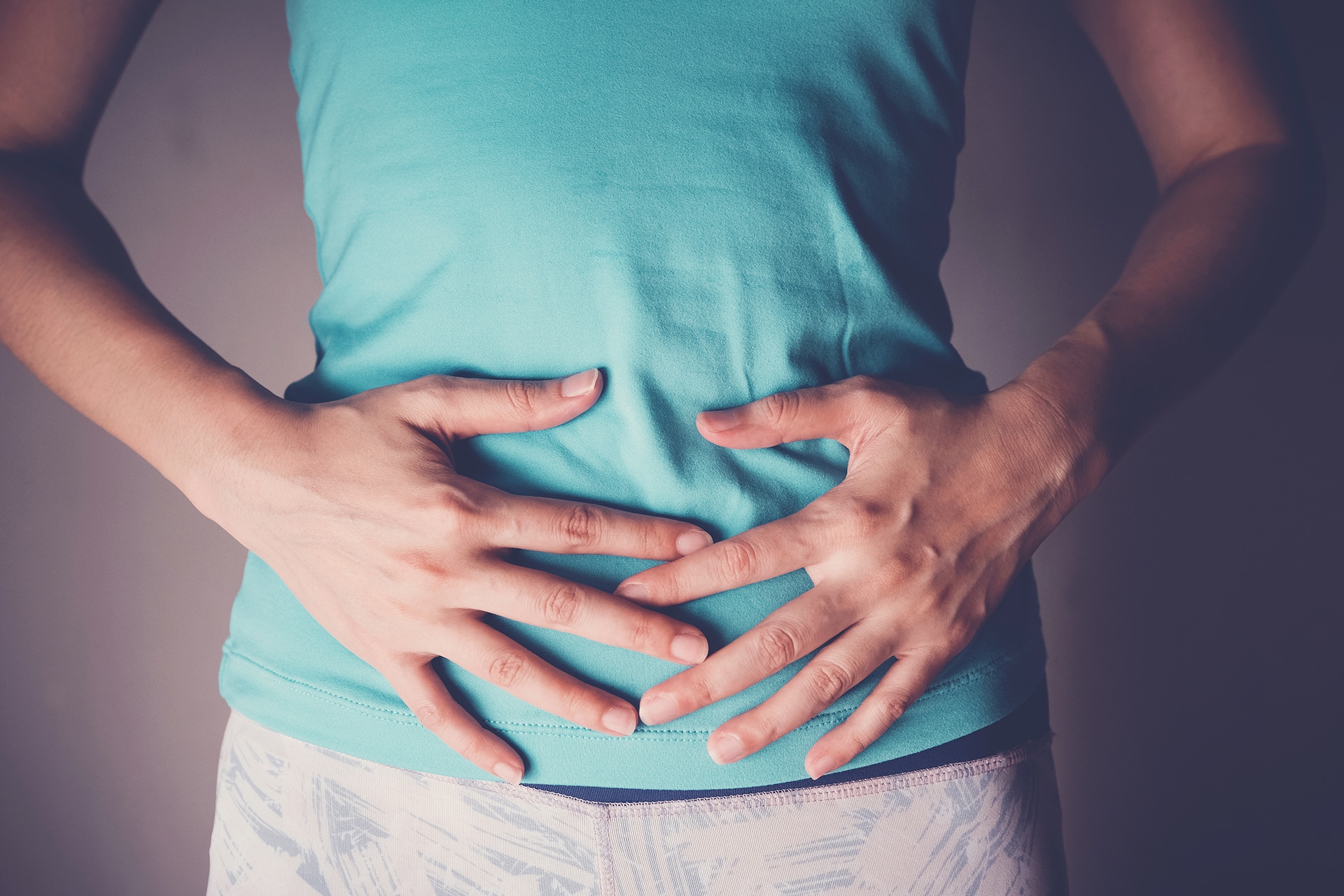index
Gluten avoidance is extremely popular because so many individuals either have celiac disease or gluten sensitivity. So, what is gluten, and how does it relate to headaches and migraines? Gluten is the protein in numerous grains, including wheat, rye, and barley. Celiac disease occurs when the immune system reacts to gluten and begins to attack the body. Conversely, gluten intolerance occurs when the digestive system cannot properly digest gluten, resulting in diarrhea, abdominal bloating, and stomach pain.

According to the International Headache Society, 17.2 percent of females and 6 percent of males experience migraines. Although the exact cause of migraines remains a mystery, some risk factors and triggers increase the likelihood of having them. Those with a family history of migraines are at an increased risk. Individuals experiencing high-stress situations, lack of sleep, or fatigue are at an increased risk of getting a headache. Certain foods and the weather can also increase the risk of a headache.
A recent study has found a link between migraines and celiac disease. In some individuals, migraines can be an early symptom of celiac disease, and they can also be a complication of it. Gluten can affect the nervous system in celiac patients and those with gluten intolerances. It can cause headaches, depression, migraines, and learning disabilities. Furthermore, it can cause gastrointestinal symptoms, chronic fatigue, and foggy thinking.
Your Gluten Migraine Connection
Is gluten triggering your migraine headaches? If your integrative practitioner suspects you may have celiac disease, the diagnosis may include checking for high levels of antibodies, which may indicate a compromised immune system. Diagnosis may also include evaluating the small intestine for damage, which may be due to celiac disease.
While there is no perfect gluten sensitivity/intolerance test, your healthcare provider can consider your symptoms and a stool and/or food intolerance test to see if gluten may be an issue. Keep a headache journal to track everything you eat and drink and when a headache occurs to help spot trends. For example, gluten may be the culprit if you eat a sandwich made from wheat or rye bread and develop a headache later in the day or the next day.
Dealing With Gluten Triggered Headaches
If you have gluten sensitivity/intolerance or celiac disease, it helps to avoid gluten. Unfortunately, knowing which foods you can eat and which are acceptable can be challenging. Here is a list of grains and other foods that may contain gluten.

- Barley
- Bulgur
- Durum
- Farina
- Rye
- Semolina
- Soy sauce
- Spelt
- Wheat
Bread, pasta, cereals, processed meats, condiments, cakes, cookies, beer, candy, snack foods, medicines, and makeup contain gluten.
Because gluten is so prevalent, you must read food labels carefully. If you take prescription medications, over-the-counter medicines, or natural remedies, talk with your pharmacist to determine if any of your medications contain gluten. Finally, research all hair products, lotions, and makeup to ensure gluten is not in any of these products.

Holistic Treatment for Migraines
To help reduce the risk of a headache or migraine, you may need to make specific lifestyle changes. Eating a healthy diet is the first step toward reducing your risk for headaches. In addition, you should practice stress relief techniques like yoga, tai chi, meditation, progressive muscle relaxation, and deep breathing exercises to lower the risk of migraine headaches.
Slowly eliminating caffeine and alcohol can also reduce your risk of headaches. However, it is essential to realize that eliminating these two substances from your diet too quickly can increase your risk of headaches. Research shows dehydration can lead to increased headaches and migraines. It helps to improve your water consumption.
You will feel much better after you begin a gluten-free diet and incorporate healthy lifestyle adjustments. It can take several weeks to start noticing the difference, so keeping a log of your food choices and headaches is essential. Soon, you can determine if these changes reduce the number of headaches you are experiencing.
If eliminating gluten from your diet does not eliminate your headaches, there are other therapies and treatments available. Acupuncture and massage therapy can work wonders to relieve stress and eliminate symptoms. Our team of integrative migraine specialists can help you decrease the risk of headaches and migraines through gluten elimination and dietary changes.























